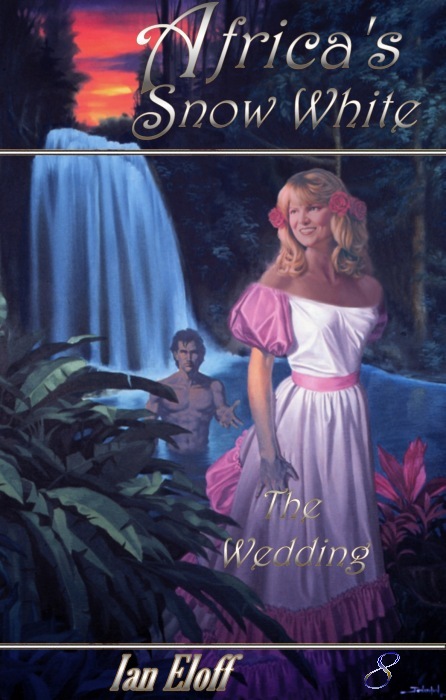The word 'refugee' has a surprising origin Leo HornakPRI.org
As long as there has been war, there have also been people fleeing conflict and attempting to find shelter outside their homeland.
But in English, the word "refugee" is surprisingly recent in origin. It has its roots in 17th-century France, when a huge influx of French migrants known as "Huguenots" left their country to escape religious persecution. The French "refugie" became the English "refugee."
Huguenots were Reformed Protestants who felt unable to follow their faith under France's Catholic monarchy. Tens of thousands of French Protestants settled in non-Catholic countries across Europe, and in colonies in America and South Africa, but one of the most common destinations was England — particularly the East End of London.
The journey was dangerous: Some accounts from the time are eerily reminiscent of modern refugees' attempts to enter Europe. A newsletter in 1681 described boats arriving "with few men in them, they sending their wives and children away first, and most of these have run great hazards at sea."
Then as now, the refugees received a mixed welcome. One pamphlet from the time mocks Huguenots as "canary birds naturalised in Utopia" — a reference to a stereotype of Huguenots keeping pet birds in cages in their workplaces. Utopia was, of course, England.
Not all the responses were unsympathetic, however. A sense of fellowship from some English Protestants helped the Huguenots to integrate into the British economy relatively quickly.
One 17th-century sermon by the preacher Samuel Bolde berates its readers for their failure to feel empathy: "Now if you would find help, and relief from others, when destitute, afflicted, and persecuted, have some regard to, your persecuted Neighbours, in this their day of affliction. Nature, Religion, Christianity, all that is good and excellent intreat, and importune your Charity. Can you deny these sufferers?"
Eventually, the Huguenots assimilated remarkably thoroughly into British life. Some of the most famous figures in British culture and politics have Huguenot family names. The actor Laurence Olivier, Peter Mark Roget (of Roget's Thesaurus), and Sir John Houblon, the founder of the Bank of England, are typical examples.
Paul Revere is a Famous Huguenot in US history, as is Alexander Hamilton. About 2,000 French Huguenots fled to the American colonies. They married within their own community, at first, but as time went by, they intermarried with English protestants. Only one US French Huguenot church still exists ... in Charleston, SC.
Every American schoolchild has heard the name Paul Revere — the “midnight ride” and all. But not nearly as many people know that Paul Revere had Huguenot ancestry. His father, Apollos Rivoire, fled France in 1715, at the young age of thirteen. A silversmith by trade, Rivoire anglicized his last name while in the colonies, and had twelve children with his wife, Deborah Hitchbourn. Young Paul, of “midnight ride” fame, was the second-oldest son and followed his father’s career as a silversmith before the outbreak of the American Revolution. Although a committed Protestant, it is unclear what Paul Revere thought of his French ancestry. Other notable figures of the Revolutionary period with French ancestry include John Jay and Alexander Hamilton





